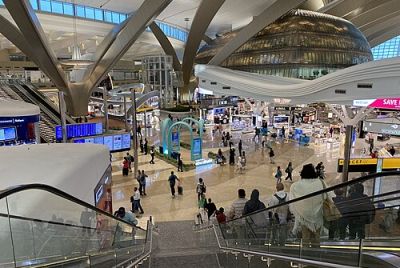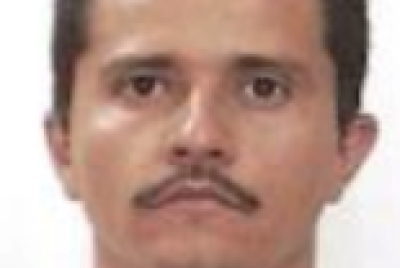Ebola Survivors' Blood Sold in Black Market, WHO Warns Buyers of Risks Including Death
Blood from the survivors of Ebola are being sold in the black market with the belief it has antibodies to beat the virus. According to the World Health Organisation, desperate Ebola patients resort to buying survivors' blood, often referred to as convalescent serum.
Reports said blood transfusions from Ebola survivors have not yet been proven effective but it has provided hope to patients who have seen how the virus has killed at least more than half of the people who contracted the virus. The current and deadliest outbreak of Ebola has claimed 2,400 lives in Liberia, Guinea and Sierra Leone.
The WHO said although studies suggest blood transfusions may prevent or treat the virus, the findings remain "difficult to interpret." The international health agency warned it is still not known whether the antibodies in the blood of Ebola survivors are enough to control the virus. The WHO said more research needs to be done.
Some Ebola patients including U.S. aid worker Rick Sacra were treated with the convalescent serum. When Sacra had been confined to a hospital in Nebraska, he received blood from a fellow American Kent Brantly, who beat the deadly virus.
However, not all patients have access to the blood in areas where Ebola has spread. The illegal trade of Ebola survivors' blood can result in other types of infections including HIV and other blood diseases. A report by the Washington Post said the patient may go into anaphylactic shock and die as a result of receiving untested blood.
WHO director general Margaret Chan said the agency will work closely with the affected countries to stop the sale of blood used as a convalescent serum in the black market. She warned that patients may be at risk for not going through the proper channels. Chan reiterated that proper testing must be done since there are other possible infections to consider.
Ebola patients are currently being treated with antibiotics, fluids and blood transfusions to boost their immune systems. Health experts have declared the Ebola outbreak as a "global emergency" and appealed for more help from the international community to provide more field hospitals, health workers and material resources needed in West Africa.





















